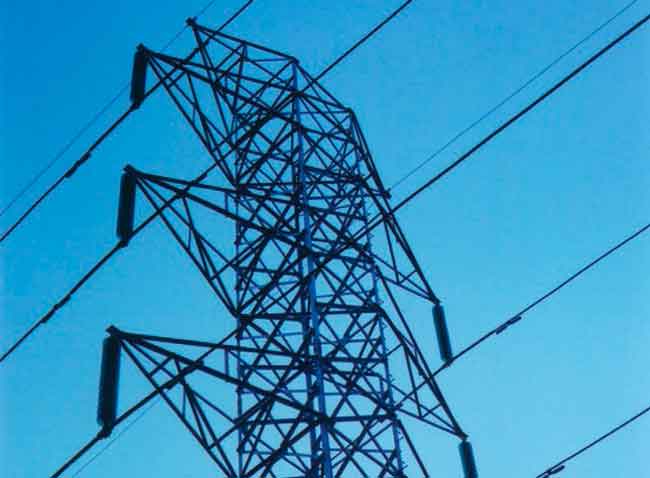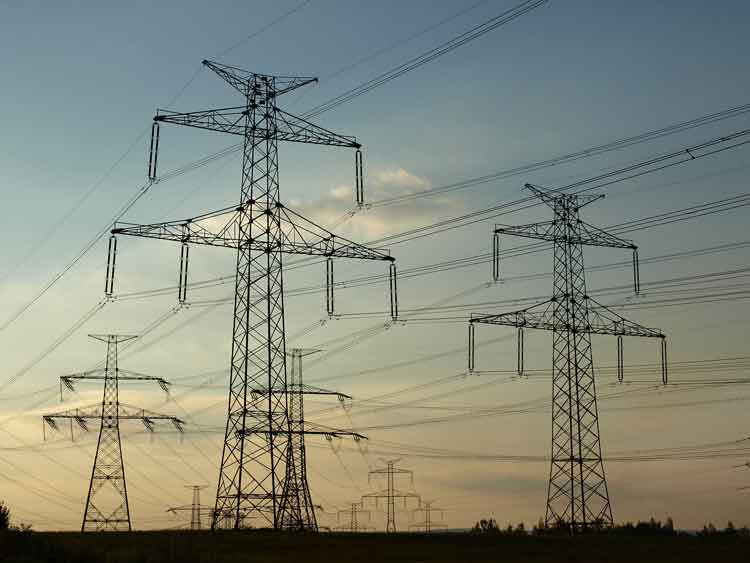EVs could drive 38% rise in US electricity demand, DOE lab finds
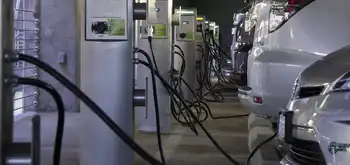
Protective Relay Training - Basic
Our customized live online or in‑person group training can be delivered to your staff at your location.

- Live Online
- 12 hours Instructor-led
- Group Training Available
EV-Driven Electricity Demand Growth will reshape utilities through electrification, EV adoption, grid modernization, and ratebasing of charging, as NREL forecasts rising terawatt-hours, CAGR increases, and demand-side flexibility to manage emissions and reliability.
Key Points
Growth in power consumption fueled by EV adoption and electrification, increasing utility sales and grid investment.
✅ NREL projects 20%-38% higher U.S. load by 2050
✅ Utilities see CAGR up to 1.6% and 80 TWh/year growth
✅ Demand-side flexibility and EV charging optimize grids
Utilities have struggled with flat demand for years, but analysis by the National Renewable Energy Laboratory predicts steady growth across the next three decades — largely driven by the adoption of electric vehicles, including models like the Tesla Model 3 that are reshaping expectations.
The study considers three scenarios, a reference case and medium- and high-adoption electrification predictions. All indicate demand growth, but in the medium and high scenarios for 2050, U.S. electricity consumption increases by 20% and 38%, respectively, compared to business as usual.
Utilities could go from stagnant demand to compound annual growth rates of 1.6%, which would amount to sustained absolute growth of 80 terawatt-hours per year.
"This unprecedented absolute growth in annual electricity consumption can significantly alter supply-side infrastructure development requirements," the report says, and could challenge state power grids in multiple regions.
NREL's Trieu Mai, principal investigator for the study, cautions that more research is needed to fully assess the drivers and impacts of electrification, "as well as the role and value of demand-side flexibility."
"Although we extensively and qualitatively discuss the potential drivers and barriers behind electric technology adoption in the report, much more work is needed to quantitatively understand these factors," Mai said in a statement.
However, utilities have largely bought into the dream.
"Electric vehicles are the biggest opportunity we see right now," Energy Impact Partners CEO Hans Kobler told Utility Dive. And the impact could go beyond just higher kilowattt-hour sales, particularly as electric truck fleets come online.
"When the transportation sector is fully electrified, it will result in around $6 trillion in investment," Kobler said. "Half of that is on the infrastructure side of the utility." And the industry can also benefit through ratebasing charging stations and managing the new demand.
One benefit that NREL's report points to is the possibility of "expanded value streams enabled by electric and/or grid-connected technologies," such as energy storage and mobile chargers that enhance flexibility.
"Many electric utilities are carefully watching the trend toward electrification, as it has the potential to increase sales and revenues that have stagnated or fallen over the past decade," the report said, highlighting potential benefits for all customers as adoption grows. "Beyond power system planning, other motivations to study electrification include its potential to impact energy security, emissions, and innovation in electrical end-use technologies and overall efficient system integration. The impacts of electrification could be far-reaching and have benefits and costs to various stakeholders."





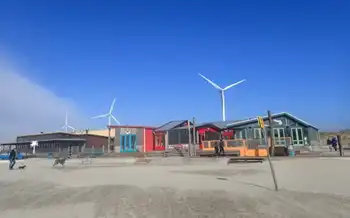
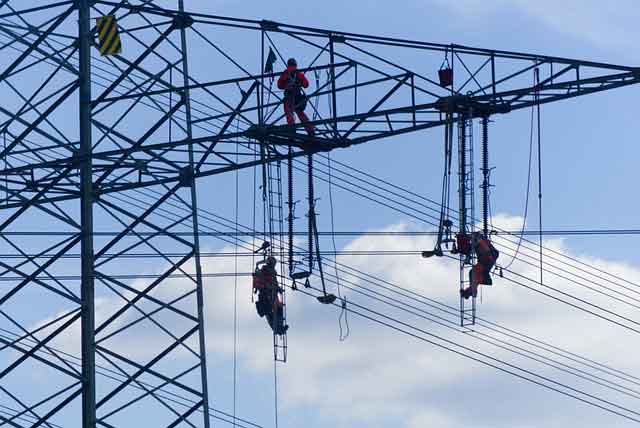
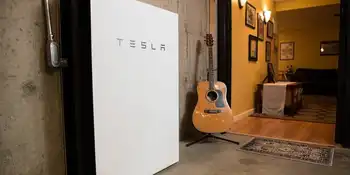
_1557567480.webp)
